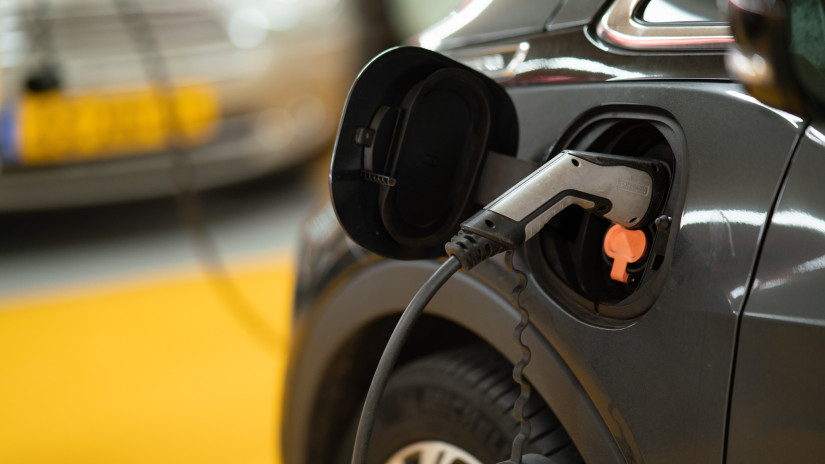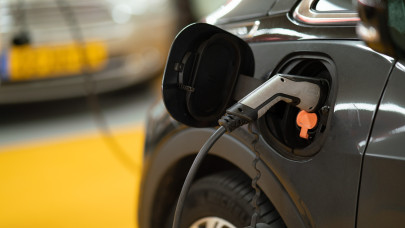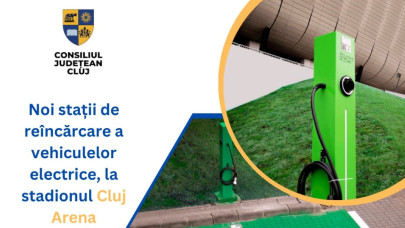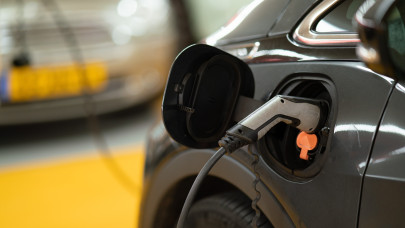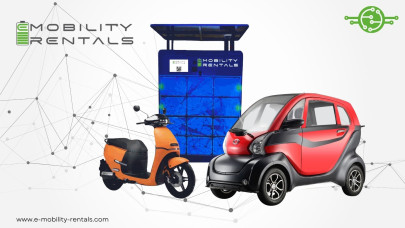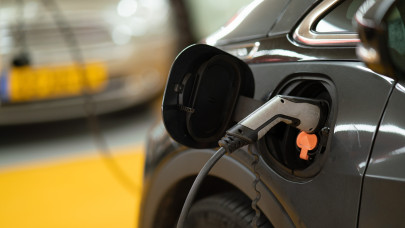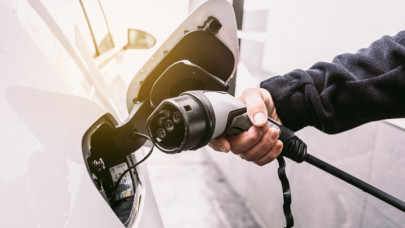”IFC is helping a leading automotive manufacturer in Türkiye boost its production of electric vehicles (EVs), strengthen the sector's competitiveness, increase exports, and create jobs”, according to the bank.
IFC's investment will also help bolster Türkiye's transition to net zero.
"We are extremely thrilled to enter into a collaboration with IFC that will provide Karsan with an important boost in becoming an important global player in the sphere of sustainable mobility solutions," said Kenan Kaya, Karsan's Chief Financial Officer.
The investment in EVs is part of IFC's efforts to help further develop Türkiye's automotive and manufacturing industries, boosting exports and strengthening the country's position in global value chains. With Türkiye possessing the necessary infrastructure and skills to produce EVs and their components, it has the potential to become a regional EV hub.
It is also aligned with the World Bank's climate strategy for Türkiye, which set the decarbonization of the transport sector as a key pillar of the country's net zero carbon path by 2053, and the Paris Agreement's mitigation and adaptation goals.
A full plug-in commercial EV in Europe is expected to reduce emissions by almost 70 percent compared to a similar vehicle powered by diesel.
"Supporting the transition to net zero is the greatest priority of our time. This project will help enable that in Türkiye while boosting its nascent EV sector. That will enable Türkiye to not only keep pace with the latest trends in the automotive industry but also help increase exports and unlock other complex industries in the country", said Wiebke Schloemer, IFC Director for Türkiye and Central Asia.
IFC has supported private sector development in Türkiye for more than 50 years, with investments of nearly $11 billion in the last decade alone. Türkiye represents IFC's third-largest country exposure globally, with a committed portfolio of close to $4.9 billion as of November 2023.
The only independent multi-brand vehicle manufacturer in Türkiye, Karsan has been manufacturing commercial vehicles for the world's leading brands and its brand since its foundation 57 years ago. Since 1981, the company has been producing commercial vehicles, ranging from passenger cars to heavy trucks, minivans, and buses at its factory in Bursa Hasanağa. Karsan manages the entire automotive value chain, from R&D to production, marketing sales, and after-sales activities. In addition, Karsan produces and sells a range of fully electric buses, as well as the first driverless bus carrying passengers across Europe and America. As of 2022, Karsan began production of Megane Sedan automobiles for the Renault brand. Karsan also provides industrial services at its factory located in the Organized Industrial Zone.
IFC, a member of the World Bank Group, is the largest global development institution focused on the private sector in emerging markets. It works in more than 100 countries. In fiscal year 2023, IFC committed a record $43.7 billion to private companies and financial institutions in developing countries.

